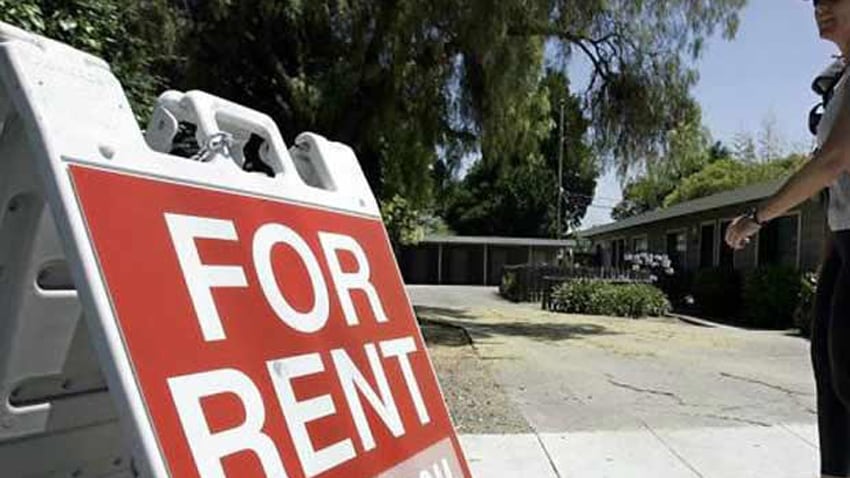Landlords are offering more and more deals and incentives to get renters into their apartments — except in Seattle, where rental competition is expected to climb yet again.
HotPads reports that there is a national trend of property managers offering more concessions — move-in deals, rental discounts, gift cards, etc. The number of properties making such offers went up by 15.8 percent over the past year. These offers more than doubled in Chicago, Miami, and Atlanta. Managers generally use the incentives to attract renters to their units over their competition.
But Seattle presents a different rental story, where demand is still higher than supply. In fact, the area saw a decrease in rental incentives of 9.9 percent. A total of 1.2 percent of all listings in Seattle have been offering concessions, according to HotPad. Renters are more likely to find deals in Portland, which saw an incentive increase of about a quarter.
Seattle is not alone. LA, San Diego, and Houston were hit much worse. Washington DC was hit the hardest with a 62 percent decline in rental deals. According to Joshua Clark, an economist at HotPads, the decline in Seattle is not as bad as elsewhere because the incentives were so few to begin with.
“Rent concessions are down in Seattle, but the decline is relatively modest,” Clark said. “Since the overall number of rentals offering move-in deals is still relatively low in Seattle, one or two buildings ending a move-in special could have a noticeable impact on the number of rent incentives on the market.”
Scroll down to continue reading
More news from KIRO 7
- Grandpa shoots, kills grandson in domestic violence incident
- Police: Mechanic killed customer with hammer before shooting him, setting him on fire
- Martin Pang, arsonist who set fire that killed 4 firefighters, seeks legal name change after prison
- Driver charged in crash that killed 3 siblings at school bus stop
- Do you have an investigative story tip? Send us an email at investigate@kiro7.com
“While move-in specials are slightly less common, renters are still in a good position,” he said. “Rents in Seattle are slowing faster than anywhere else in the country, and we’re seeing a lot of new construction in the rental market. These are both indications that supply is getting closer to meeting demand.”
That’s the good news. But Clark does have a “however” statement.
“However, this window of opportunity may be short,” Clark said. “Rising interest rates and a slowing housing market may influence would-be buyers to stay on the sidelines, increasing demand for rentals. And while the national job market is strong right now, Seattle and King County’s job market is even hotter, which could drive up rental demand even more. We expect that the rental market may start to pick up again in the coming year or so.”
Seattle’s rent scene
The declines comes within a couple years of the city putting a halt to rent deals for Seattle's tech elite. Geekwire reported that the city council banned "preferred employer" programs in 2016, which gave cheaper rent and other perks to employees of companies like Microsoft or Amazon.
More recently, it was discovered that 40 percent of Seattle landlords wereattempting to sell their properties as new city regulations went into effect. New rules included expanded source-of-income protections; a ban on using criminal records to determine who to rent to; restricting the size of security deposits; and the controversial First-in-Time law, which forces landlords to take the first renter who applies and meets the criteria.
At the same time, rental growth has slowed in Seattle over the past year with rents going up about 4.3 percent. In 2017, rents went up 7.7 percent.
While rent growth slowed in the region, it still remains high. The median rent is currently $2,225 a month. A greater emphasis is also being placed on new condos, a recent trend that has been absent in Seattle for a few years. This factor removes many rentals from the market, further influencing demand.
RELATED: Breaking down a Seattle rent check
MyNorthwest








